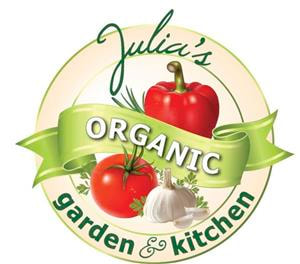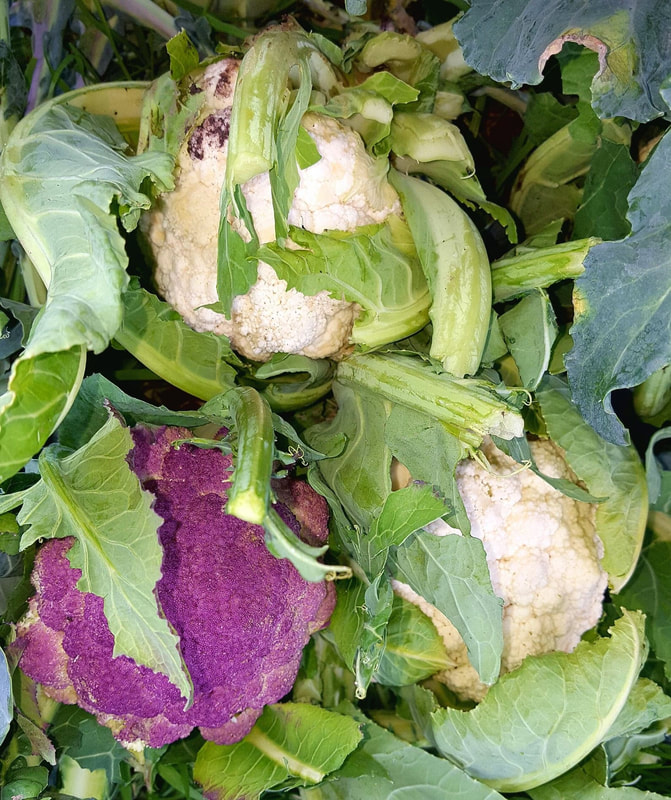|
If you think that there is no much work to do in winter and hung your gardening gloves a couple of month ago, you made a really big mistake and want to reconsider.
In fact, you can do even more during the winter, than during the summer, because:
What we are planting during the winter? Beetroot. They prefer sunny position with generous amount of sand incorporated (for drainage and soil composition), as the most of Victorian soil is clay. Add a well – rotten manure as well. Very hardy plant, excellent liver cleanser, love it, here is one of my favourite recipe https://www.youtube.com/watch?v=In7z9VWTKRE I usually interplant them with spring onions. Broad beans. Another hardy plant to grow. Find some sheltered place, add some manure, not much though as this plant is as other beans is a “soil nitrogen fixer”. Remember, that at some stage it will need stalking and also produce a lot of shade. Stick to a crop rotation technique and don't plant where other beans used to grow last season (minimises Fungle and pests problems). I like to plant tomatoes after them. Cabbage. Here is my post how to grow cabbages. Just an important addition: if you live in a night frost area, plant them in a high raised bed. Carrots. Here is my post how to grow carrots. And here something new that I've learnt: before planting, mix seeds with finely ground black pepper to ward off ants, they like to eat sweet carrot's seeds. With carrot you add to salads, soups, roasts and can prepare kimchi, fermented food that will boost your metabolism and improve digestive system. Cauliflowers. Like there relatives – cabbages, cauliflowers like rich, heavy and firm soil with a lot of manure applied. Interplant them with onions, garlic, nasturtium. Broccoli As broad beans likes sheltered position and produce a lot of shade. Soil: as for cauliflower and cabbage, see above. Kale Easy to grow, yet it hate waterlogging (needs good draining) and this can be a challenge for a winter Melbourne condition. Try to grow them in a well – established no-dig, raised garden bed. Spinach and Silverbeet. Hungry and thirsty leafy vegetables. Plant in a soil where you applied A LOT of manure (after harvesting apply a lot of manure again, as they take a lot of nutrients). Leeks Very easy to grow, however, they love well – rotted compost applied before planting. don't like to be too wet. Plant them in a raised beds, if possible, apply well – rotten manure before. Parsnip can grow quite long, that why you need to choose a deep bed and incorporate sand and well – rotten manure before. Turnip Very easy to grow. For the best results, ad some well – rotted manure before. Herbs: coriander, parsley, dill... You can plant all of them now. It's bit too hot for them during the summer here. Some of the winter vegetables takes a few months to grow (garlic, onions, cauliflower). I've always found that it's a good idea to interplant them with some faster growing vegetables as salad, rocket, radishes, spring onions, shallots etc. Advantage:
Don't be disheartened if something go wrong (hail, waterlogging, snails, aphids, list is endless). It's better to eat cabbage touched with a bit of frost than to buy one from the shop that always looks like it was kept since Christmas; or add in your sandwich salad with a holes than the perfect supermarket's one (11 pesticides, herbicides and insecticides were applied for a stunning look). Happy winter gardening!
0 Comments
Your comment will be posted after it is approved.
Leave a Reply. |
Archives
February 2020
Categories |
Julia Organic Copyright 2021 Website MapMyBusiness


 RSS Feed
RSS Feed



